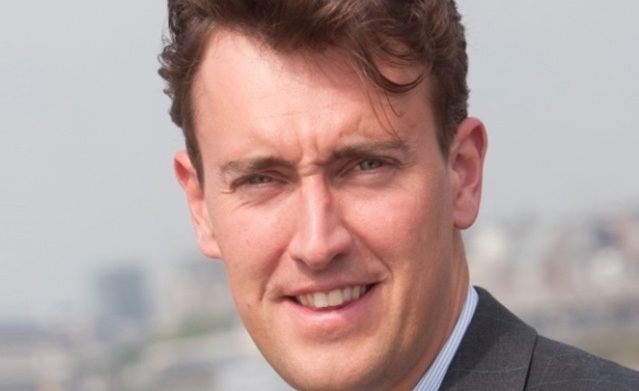
The stage is set for a battle royal between two of Europe’s best known shipping families for control of the continent’s largest tanker firm.
After John Fredriksen launched an ambitious takeover bid of Euronav last week, the shipping line’s largest shareholder, Compagnie Maritime Belge (CMB), owned by the Saverys family, has let it be known it opposes the deal to combine Euronav and Frontline, despite the backing of both boards.
The deal put forward last week is based on an exchange ratio of 1.45 Frontline shares for every Euronav share resulting in Euronav and Frontline shareholders owning approximately 59% and 41%, respectively, of the combined group with Fredriksen emerging as the single largest shareholder with a 22% stake.
I have enormous respect for John’s career and achievements
Clarksons data indicates the combined entity would control 7% of world VLCC fleet capacity in dwt terms, 8.5% of world crude suezmax fleet capacity and 4.4% of world coated LR2 fleet capacity.
If the merger is approved, the entity would be called Frontline, and be headed by Euronav’s CEO, Hugo De Stoop and based in Antwerp.
The Saverys family, via their Compagnie Maritime Belge (CMB), have controlled Euronav since 1997 and are the tanker giant’s top shareholder today with a 13% stake.
Alex Saverys, the CEO of CMB, claimed to Splash the proposed merger, which sees him at odds with the Euronav board, creates no added value.
“We don’t believe that the answer to the ongoing energy transition is to merge two companies that urgently need to reinvent themselves. We don’t need more of the same, we need more focus on decarbonisation,” Saverys said.
The Euronav fleet today is a mix of VLCCs, suezmaxes and LR2/aframaxes. If Saverys gets his way, in proposals he will likely submit to shareholders, his aim is to diversify the fleet over the coming decade to ensure there are chemical tankers, containerships, bulkers, offshore wind supply ships, with these ships increasingly powered by hydrogen and ammonia.
For Fredriksen, 77, the richest man in Norway, the Euronav deal shows he still has an appetite for the big deals, having built a career on the back of audacious takeovers. However, the Saverys opposition will be a concern particularly after previous takeover targets such as Overseas Shipholding, DHT Holdings, and Gener8 Maritime slipped from his grasp.
“I have enormous respect for John’s career and achievements. The clear difference in view we have for the future of Euronav will not change that,” Saverys said in conversation with Splash.
Euronav management have hit back at CMB accusations, published by Splash on Friday, that the company is not focused enough on the global green transition.
“Euronav welcomes all discussion related to the decarbonisation of the marine transportation industry and has been a leading player in this process,” Euronav stressed in a release issued on Friday, highlighting how the Belgian firm is a founding partner of both the Poseidon Principles and the Getting to Zero Coalition. Euronav has also earned best-in-class sustainability ratings across major ESG rating agencies such as CDP, S&P, Sustainalytics, MSCI, Webber Research and Bloomberg.
“On a practical level, the global economy will still require crude oil for many years to come as the global energy transition advances. The proposed combination with Frontline will be a profitable and sustainable custodian in this process,” Euronav stated, adding: “The combination would create a global independent oil tanker operator with leading operational break-even levels for the combined fleet, improved overall utilization and cost synergies, unparalleled leadership and expertise in the shipping industry, and the ability to attract and retain future world-class talent.”
Evercore ISI analysts said last week the proposed $4.2bn merger would create a “supersized tanker behemoth” in an industry where most company market capitalisations are lower than $1bn.
“The potential combination would create a truly investible tanker company with a meaningful and liquid market cap, which would also effectively become a bellwether for not just tanker equities but maritime transportation as a whole due to its enhanced scale,” Evercore ISI suggested.

My thoughts exactly when I first read about the proposed merger.